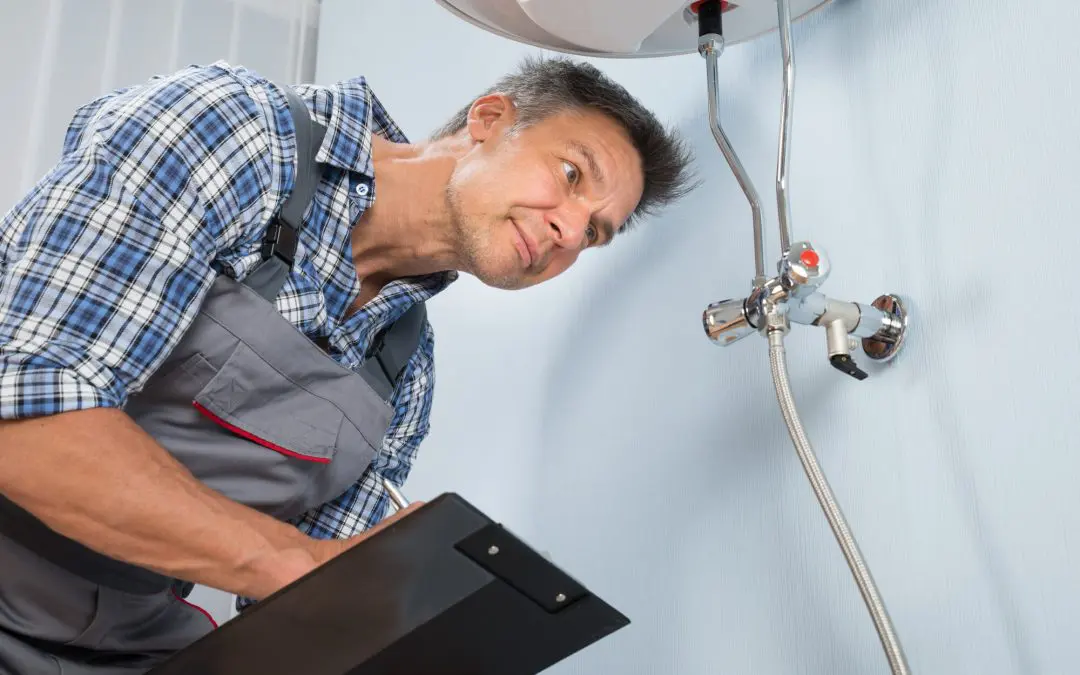Buying a home is one of the most significant investments you’ll make, and ensuring the property is in good condition is crucial. This is where a reliable home inspector comes in. Choosing the right home inspector can be a bit overwhelming, but understanding what to look for and what questions to ask can make the process smoother. Here’s a guide to finding the right home inspector to give you the information you need to make a smart investment.
Understand the Importance of a Home Inspection
A home inspection provides a thorough evaluation of a property’s condition, identifying potential issues and safety concerns before you finalize the purchase. It covers everything from the foundation and roof to plumbing and electrical systems. A qualified home inspector can help you avoid costly surprises and make informed decisions about your investment.
Check Credentials and Experience When Finding the Right Home Inspector
When searching for a home inspector, start by verifying their credentials. Ensure they are licensed and insured, as these requirements vary by state. Look for inspectors who have professional affiliations with organizations such as the American Society of Home Inspectors (ASHI) or the International Association of Certified Home Inspectors (InterNACHI). These affiliations often indicate a commitment to industry standards and ongoing education.
Experience is also crucial. An inspector with years of experience will have encountered a wide range of issues and can provide more insightful evaluations. Ask about their background and how many inspections they have conducted.
Review Sample Reports
A home inspector’s report is a critical part of the inspection process. It should be detailed and easy to understand. Request sample reports from potential inspectors to gauge their thoroughness and clarity. The report should include clear descriptions of any issues found, accompanied by photographs and recommendations for further action if necessary.
Research Customer Testimonials
Read online reviews and testimonials from previous clients. Look for both good and bad reviews and note whether and how the inspector responded to them. Most businesses get poor reviews from time to time, but they should provide a courteous and professional response.
Discuss the Inspection Process
Understanding the inspection process is important for setting expectations. Ask the inspector about what will be covered during the inspection, how long it will take, and how you will receive the report. A good inspector will be transparent about their process and happy to answer any questions you may have.
Consider the Cost When Finding the Right Home Inspector
While cost should not be the sole determining factor, it is an important consideration. Home inspection fees can vary based on the size and age of the property and the inspector’s experience. Obtain quotes from several inspectors and compare them. Be cautious of prices that seem unusually low, as this could be an indicator of subpar service.
Evaluate Communication Skills
Effective communication is key to a successful home inspection. Choose an inspector who communicates clearly and is willing to take the time to explain their findings. They should be approachable and open to answering your questions both before and after the inspection.
Make an Informed Decision
After considering all the factors—credentials, experience, report samples, references, process, cost, and communication—make your decision based on the inspector who best meets your needs and preferences. A thorough and competent home inspector will provide you with peace of mind and valuable information you can use during negotiations.
By taking these steps, you’ll be well on your way to finding a home inspector who will give you a comprehensive and reliable assessment of your potential new home.
FAQs on Finding the Right Home Inspector
What does a typical home inspection include?
A typical home inspection includes an examination of the home’s major systems and components, such as the roof, foundation, plumbing, electrical systems, HVAC, and insulation. The inspector will also check for signs of pests, water damage, and other potential issues.
Should I be present during the home inspection?
It’s recommended to be present during the inspection. This allows you to ask questions in person and gain a better understanding of any issues discovered.
Can a home inspector identify all potential issues with a property?
While a home inspector can identify many potential issues, no inspection is perfect. Some problems may be hidden or inaccessible, and a home inspector may not be able to detect every possible defect. The goal is to uncover significant concerns that could affect the property’s safety or value.
What should I look for in a home inspector’s report?
Look for a detailed report that includes clear descriptions of any issues found, accompanied by photographs. The report should also provide recommendations for repairs or further evaluation, if necessary, and an overall assessment of the property’s condition.
Homesmith Home Inspections offers inspections to homebuyers and sellers in the Houston, Texas, area. Contact us to request our services.

